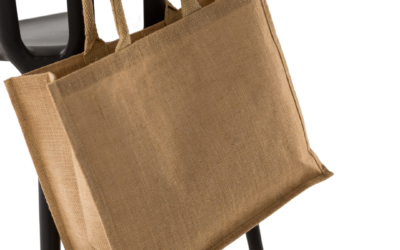The problem of plastic waste has become a major concern in recent times, with between 75 and 199 million tons of plastics currently in our oceans and 85% ending up in landfills. However, we can all take steps to minimize our impact on the environment, and one of the ways we can do this is by embracing the circular economy through the use of reusable bags.
The circular economy is a system that focuses on keeping products and materials in use for as long as possible, rather than the traditional “take-make-waste” linear model. It can leverage the distinctive properties of plastics while preventing the generation of plastic waste that poses a threat to people, animals, and the environment.
Reusable bags are an excellent example of how the circular economy can be successful. Rather than using single-use plastic bags that end up in landfills or the ocean, reusable bags can be used repeatedly. This reduces the amount of waste generated and conserves resources by minimizing the need for new bags.
In addition to reducing waste, opting for reusable bags is a more cost-effective choice compared to plastic bags. The main advantage of reusable bags is their ability to be used repeatedly, unlike single-use plastic bags. In addition, offering reusable bags can be a smart and economical marketing strategy for businesses. The cost savings associated with the use of reusable bags can be passed on to consumers, making them an affordable and accessible option for promoting the brand.
To truly embrace the circular economy, it is essential not only to use reusable bags but also to recycle them at the end of their lifespan.
In conclusion, the circular economy is a promising concept that can help reduce waste and promote sustainability. By using and recycling reusable bags, we can help reduce our environmental impact and contribute to economic progress. Let us adopt the principles of the circular economy and play our part in making a constructive change to the world we inhabit.




